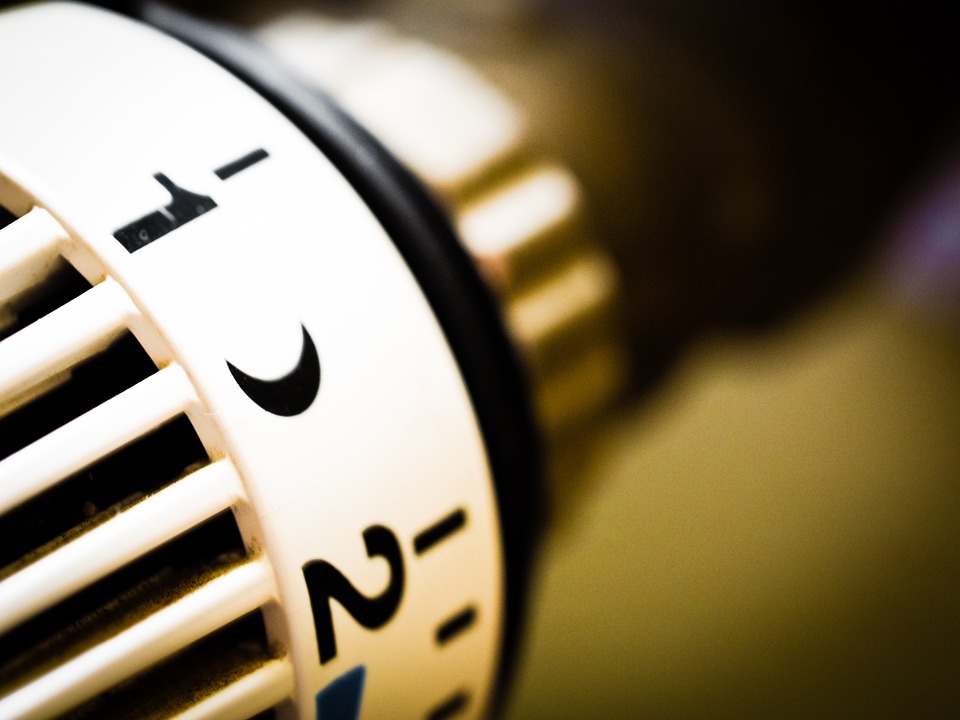Essential Heating Engineer Interview Guide: Top Tips and Questions for Success
Stepping into the world of heating engineering is no small feat, especially when it comes to acing the interview. Whether you’re a seasoned professional or a newcomer to the field, being well-prepared can make all the difference. Let’s delve into the essentials that will set you apart from the competition.
Know Your Technical Stuff
-
Understand the Basics: Familiarise yourself with the fundamental principles of heating systems. Be ready to discuss various types, such as combi boilers, conventional systems, and underfloor heating. Your grasp of these systems will be scrutinised.
-
Regulations and Standards: The UK has strict regulations governing heating installations. Brush up on the latest from Gas Safe and Building Regulations. Expect questions that gauge your understanding of compliance and safety protocols.
-
Troubleshooting Techniques: Interviews often include hypothetical scenarios. Be prepared to outline your approach to diagnosing and resolving issues. Employers appreciate candidates who can think on their feet and show initiative.
The Soft Skills Matter
-
Communication is Key: Heating engineers often interact with clients who may not understand technical jargon. Convey your ability to explain complex concepts in layman’s terms. Share examples where you’ve successfully communicated with customers.
-
Team Player: Many projects require collaboration with other tradespeople. Highlight your experience working within a team, showcasing your adaptability and reliability.
-
Problem-Solving Mindset: Showcase your analytical skills. Discuss instances where you’ve encountered unexpected challenges and how you navigated them. Employers value candidates who can remain calm and resourceful under pressure.
Common Interview Questions
-
“Can you explain the difference between a combi boiler and a system boiler?”: Be concise yet thorough. Highlight efficiency, space considerations, and installation differences.
-
“How do you ensure compliance with safety regulations?”: Detail your approach to staying updated on regulations and your adherence to safety practices during installations and repairs.
-
“Describe a time when you had to deal with a difficult customer.”: Use the STAR method (Situation, Task, Action, Result) to structure your answer. This will help you present a clear narrative.
-
“What steps do you take when diagnosing a heating issue?”: Illustrate your methodical approach, perhaps mentioning tools and techniques you employ to pinpoint the problem.
-
“How do you keep your skills updated?”: Talk about training courses, certifications, or professional networks you engage with to stay abreast of industry developments.
Dress to Impress
While technical knowledge is pivotal, first impressions are equally important. Dress smartly for your interview; a polished appearance conveys professionalism and respect for the opportunity.
Follow-Up with Impact
After the interview, a simple thank-you email can go a long way. Express gratitude for the opportunity and reiterate your enthusiasm for the role. This small gesture can leave a lasting impression on your potential employer.
In the realm of heating engineering, preparation is your best ally. Equip yourself with the knowledge, skills, and confidence to shine in your interview. As you navigate this journey, remember that CVPortal continues to provide you with a wealth of quality CV references to support your career aspirations.


